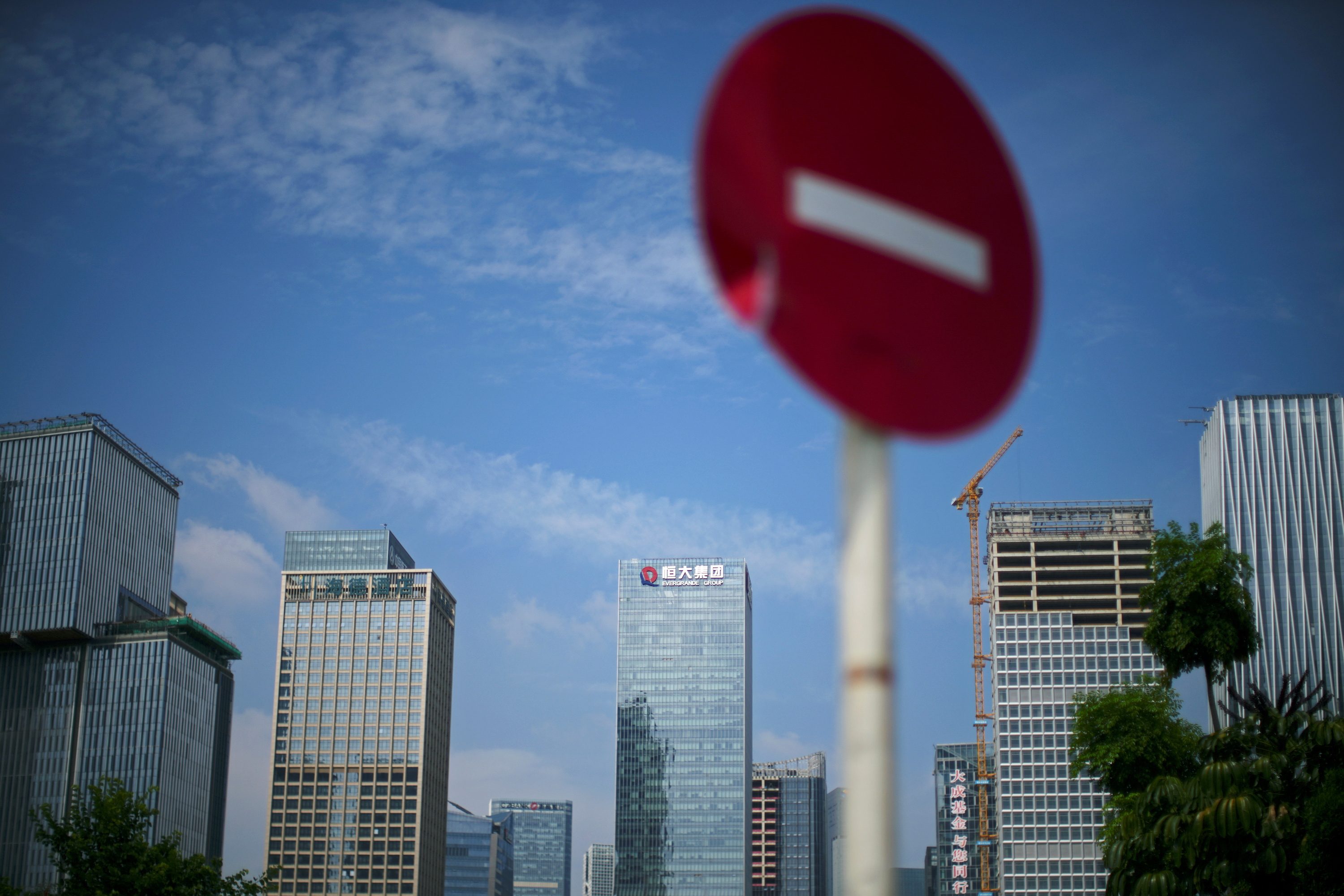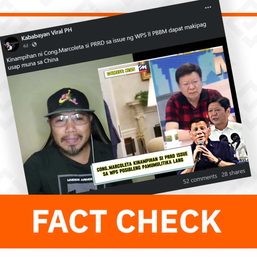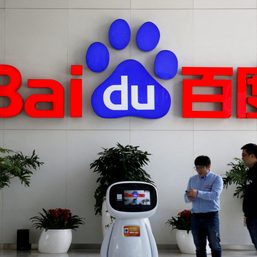SUMMARY
This is AI generated summarization, which may have errors. For context, always refer to the full article.

Teetering Chinese property giant China Evergrande formally abandoned plans to sell a $2.6-billion stake in one of its key units on Wednesday, October 20, as Beijing officials went out in force to say the problems would not spin out of control.
Once China’s top-selling developer and now reeling under more than $300 billion of debt, Evergrande was in talks to sell a 50.1% stake in its Evergrande Property Services arm to smaller rival Hopson Development Holdings.
In a stock exchange filing late on Wednesday, Evergrande said that the company had reason to believe that Hopson had not met the “prerequisite to make a general offer” for its unit without elaborating further.
In a separate exchange filing, Evergrande said barring its sale of a stake worth $1.5 billion in Chinese lender Shengjing Bank Company, it had made no material progress in selling other assets it has put on the block.
Evergrande’s disclosures came after a number of top Chinese officials had sought to reassure homebuyers and markets that the current woes in the property sector would not be allowed to turn into a full-scale crisis.
Worries that a cash crunch at Evergrande, whose liabilities are equal to 2% of China’s gross domestic product, could cause economic contagion have seen swathes of other heavily indebted developers hit with credit rating downgrades, while some smaller ones have already defaulted.
In comments reported by state media Xinhua and echoing words from the country’s central bank late last week, Vice Premier Liu He told a Beijing forum on Wednesday that the risks were controllable, and that reasonable capital demand from property firms was being met.
The chairman of China’s securities regulator, Yi Huiman, added at the same forum that authorities would properly handle the default risks and look to curb excessive debt more broadly.
“[We need] to improve the effectiveness of the constraint mechanism on debt financing, to avoid excessive financing through ‘high leverage,'” Yi said.
Chinese property developers have total outstanding debt of 33.5 trillion yuan ($5.24 trillion), according to Nomura, equivalent to roughly a third of the country’s gross domestic product.
Evergrande, which has epitomized China’s freewheeling era of borrowing and building, has been scrambling to raise funds to pay its many lenders and suppliers, amid expectations it is about to formally default on one of its international bonds.
In its Wednesday filing, Evergrande said it would continue to implement measures “to ease the liquidity issues” and would use best efforts to negotiate for the renewal or extension of its borrowings with its creditors.
“In view of the difficulties, challenges, and uncertainties in improving its liquidity, there is no guarantee that the group will be able to meet its financial obligations under the relevant financing documents and other contracts,” it said.
Creditors have so far said there has been no contact from Evergrande despite weeks of effort on their behalf. Evergrande will officially be in default if it doesn’t make an already-overdue March 2022 bond coupon payment by Monday, October 25.
Blame game
Sources told Reuters on Tuesday, October 19, Evergrande had been forced to shelve its property services unit stake sale to Hopson after failing to win the blessing of the Guangdong provincial government, which is overseeing Evergrande’s restructuring.
Some of Evergrande’s international creditors had also opposed the deal, one of them said. If companies sell assets just before they collapse, creditors have less to claw their money back with.
There was a blame game starting too though.
Hopson said in an exchange filing that it had been prepared to complete the deal but had received a transaction termination notice from Evergrande on October 13.
Evergrande, Evergrande Property Services, and Hopson, which have had trading in their shares suspended since October 4 pending the deal announcement, all said they had requested for their shares to resume trading in Hong Kong from Thursday, October 21.
The sale setback for Evergrande comes after Chinese state-owned Yuexiu Property pulled out of a proposed $1.7-billion deal to buy its Hong Kong headquarters last week.
Rebuilding process
Pan Gongsheng, head of China’s foreign exchange regulator, added to a chorus of officials trying to soothe concerns, saying excessive tightening by financial institutions and markets on the property sector was being gradually corrected, financial magazine Yicai reported.
Those comments followed a speech by People’s Bank of China (PBOC) Governor Yi Gang, who said on Sunday, October 17, that the world’s second largest economy is “doing well” but faces challenges such as default risks for certain firms due to “mismanagement.”
A transcript of the comments released by the PBOC on Wednesday showed Yi also saying that China will fully respect and protect the legal rights of Evergrande’s creditors and asset owners, in line with “repayment priorities” laid out by China’s laws.
Strong demand at a sale of Chinese government bonds on Wednesday showed there was no sign of the troubles impacting the wider markets.
The official reassurances in recent days and some coupon payments from other major developers helped China high-yield debt spreads continue to improve after hitting record high levels last week.
There was an increasingly stark divide though. While many firms saw their bond prices continue to regain ground, Kaisa group, which was the first Chinese real estate firm to default in 2015, saw its bonds hit new record lows.
Central China Real Estate became the latest to see its credit rating chopped, and like many of its peers in recent days, was immediately warned that it could happen again too. – Rappler.com
Add a comment
How does this make you feel?





There are no comments yet. Add your comment to start the conversation.